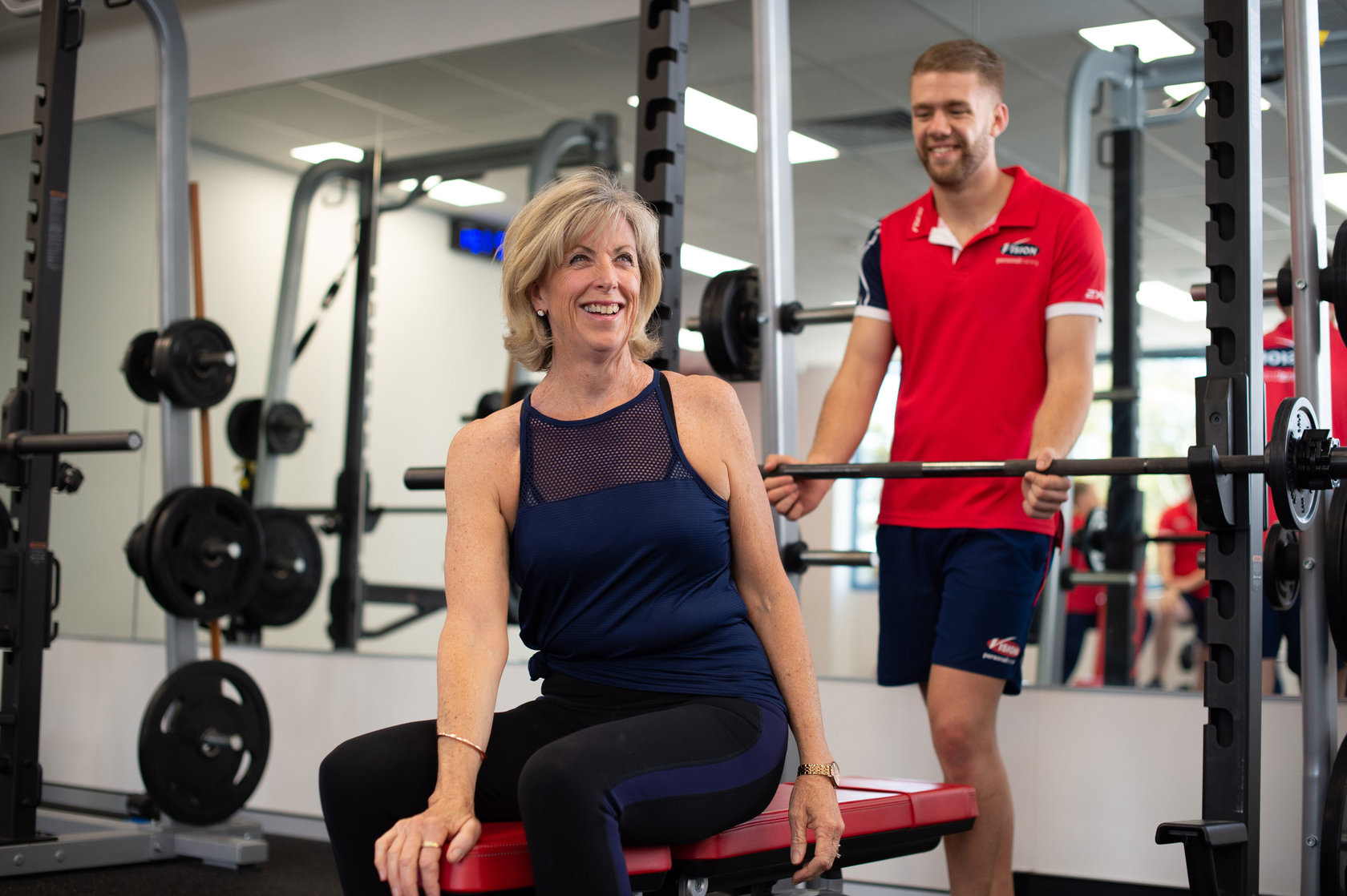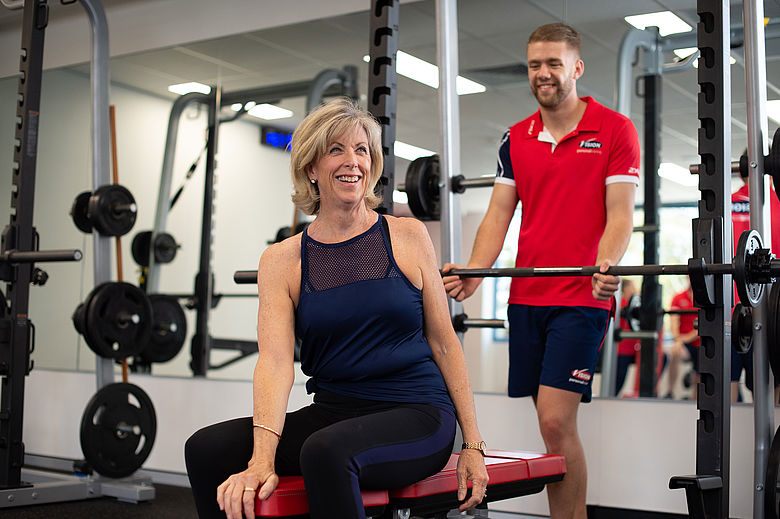Calories in calories out is still the most widely accepted hypothesis on how we gain or lose weight. This is definitely the case, there is no doubt that if an individual eats 2,000 calories per day and burns 2,500 he or she will lose weight. However this logic is the same as buying with a credit card, you are spending money you don't have; eventually the money or weight will go back on. So the question arises, if sustained weight loss is not about constantly monitoring the amount of calories we ingest versus the amount of calories we expend then what should we be monitoring to remain lean strong and healthy?
There are many factors known and unknown that affect our bodies composition. The one we will focus on in this article is the most common known factor in weight gain, the relationship between insulin and carbohydrates. Gary Taubes proposed an alternative hypothesis to the calories in vs calories out in his book "why we get fat" stating that carbohydrates drive insulin which drives fat gain. This article will explain the role of insulin and how it interacts with carbohydrates to make us gain weight.
Insulin plays many roles in the body, however the one we will focus on today is its role in removing glucose from the blood stream and transporting it to either the muscle & liver (Carb Tank) or the fat cells. When we eat carbohydrates they are broken down in the stomach into the simplest form of sugar known as glucose. The glucose is then absorbed through the digestive system into the blood stream where it is picked up by insulin and taken to the liver. How rapidly the glucose or carbohydrates is absorbed into the blood determines how much insulin is released. When we eat processed carbohydrates such as refined sugars in sweets, sugary drinks as well as refined grains found in bread, pasta and white rice the carbohydrates pass through the digestive system and are absorbed by the blood very quickly causing an inundation of glucose in the blood. To rid all this glucose from the blood the pancreas must release high amounts of insulin to transport all the glucose to the liver for processing. Whenever insulin is secreted the body goes into storage mode, it knows that it's time to put energy in the tank and save it. Whilst insulin is up fat burning cannot occur. This means that if our aim is to lose body fat we need to rid the blood of insulin as fast as possible. The best way to do this is by reducing the amount of insulin secreted in the first place. It's easier to get 10 people out of your house party then it is to get 50 people out so that you can clean up and go to sleep (back to burning fat). So if eating carbohydrates causes blood glucose to go up which causes insulin to increase which stops fat burning then shouldn't we just stop eating carbs? Some extreme paleo diets suggest just that, however the body does not always work how we would expect it to. If we avoid carbohydrates completely our blood sugar will drop which for anyone who has experienced a massive bout of exercise followed by a faint zombie like feeling knows is less than productive. To combat this low blood sugar the body releases another hormone called cortisol which pulls sugar out of the muscle and liver (carb tank) to raise our blood sugar to a safe level (more on this in a later article) elevated cortisol causes us to become stressed and will also cause elevated blood sugar and in turn elevated insulin so we end up back at square one. So what is the answer? Good quality high fibre carbohydrates from vegetables, legumes, whole grains and moderate amounts of fruit (refer to part 2 for more information).
Understanding that the types of carbohydrates we eat play more of a role on whether or not we gain fat then the overall quantity is the most important lesson we can learn to get lean. Entire cultures were built around their high carbohydrate meals, Italians with pasta, Japanese with rice and Chinese with noodles. However along the way we began to indulge too much in these carbohydrates and forgot about the need for exercise that is supposed to burn off that energy. Nowadays we all continue to eat these high carb dishes but are not bringing off that energy due to our vastly sedentary lifestyles. If you are determined to lose body fat I would strongly suggest taking all of your carbohydrates from vegetables, legumes and moderate amounts of whole grains and fruits until you reach your desired composition when you can then re-introduce these dishes sparingly.
#leocares
*Disclaimer: Individual results vary based on agreed goals. Click here for details.

